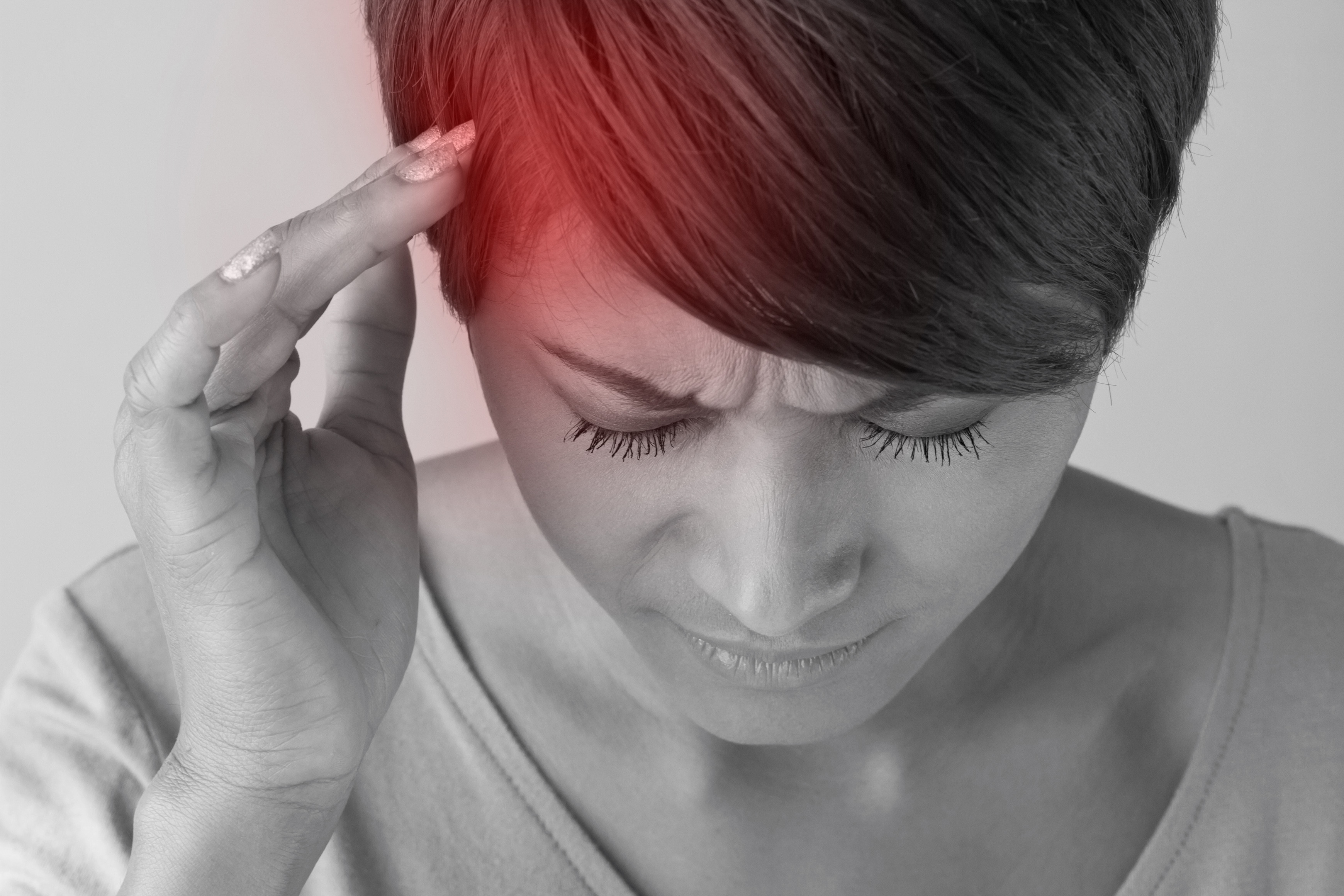
Trying to lose weight? Be careful not to lose muscle

Is your skin problem actually an autoimmune condition?

People with diabetes face higher risk of hearing loss

Antibiotic-free fixes for recurrent UTIs

Musculoskeletal syndrome of menopause: When menopause makes you ache all over

When can older women stop getting mammograms?

To lose weight, especially harmful belly fat, combine diet and exercise

Can men hold off on treating recurring prostate cancer?

The 7 types of rest and why we need them all

What are the early warning signs of cervical cancer?
Headache Archive
Articles
Oh, my aching jaw
There are different underlying reasons for the types of orofacial pain commonly called temporomandibular joint problems, or TMJ. Not all of them are caused by problems with the joint itself, and specialists are getting better at diagnosing them. Orofacial pain may result from a joint problem, a muscle-based problem, a headache syndrome, or a pain processing problem.
Pain conditions are more common in women
Women are disproportionately affected by conditions that cause chronic pain, but they sometimes have difficulty getting a definitive diagnosis as to what is causing their pain and may be less likely to receive appropriate treatments even when they do.
Migraine: A connection to cardiovascular disease?
People who get migraines with aura have a slightly higher risk of heart attack, stroke, or death from cardiovascular disease than people who get migraines without aura or no migraines. But migraines are most common in younger women, whose baseline risk of cardiovascular problems is very low in the first place. Still, those who get migraine with aura should be sure to tell their primary care provider or gynecologist. Taking estrogen-containing birth control pills or hormone therapy may further raise stroke risk in these women.
When headaches won't go away
Women are three times more likely than men to get migraine headaches, in part because of the hormone estrogen. A number of different medications are available to prevent migraine and stop them when they first start.
5 unusual types of headaches
Some types of headaches are easily recognizable, while others are less common, and if one occurs the symptoms can be puzzling or even frightening. When unusual or frequent headache occurs, take note of the symptoms so that you can describe them accurately to your doctor.

Trying to lose weight? Be careful not to lose muscle

Is your skin problem actually an autoimmune condition?

People with diabetes face higher risk of hearing loss

Antibiotic-free fixes for recurrent UTIs

Musculoskeletal syndrome of menopause: When menopause makes you ache all over

When can older women stop getting mammograms?

To lose weight, especially harmful belly fat, combine diet and exercise

Can men hold off on treating recurring prostate cancer?

The 7 types of rest and why we need them all

What are the early warning signs of cervical cancer?
Free Healthbeat Signup
Get the latest in health news delivered to your inbox!
Sign Up











